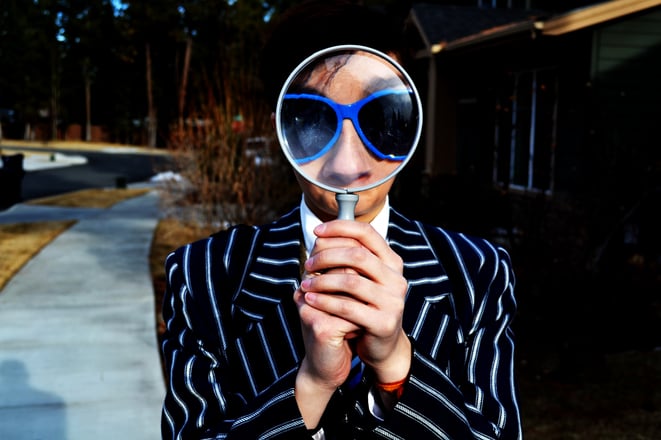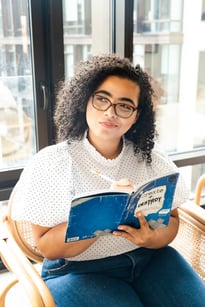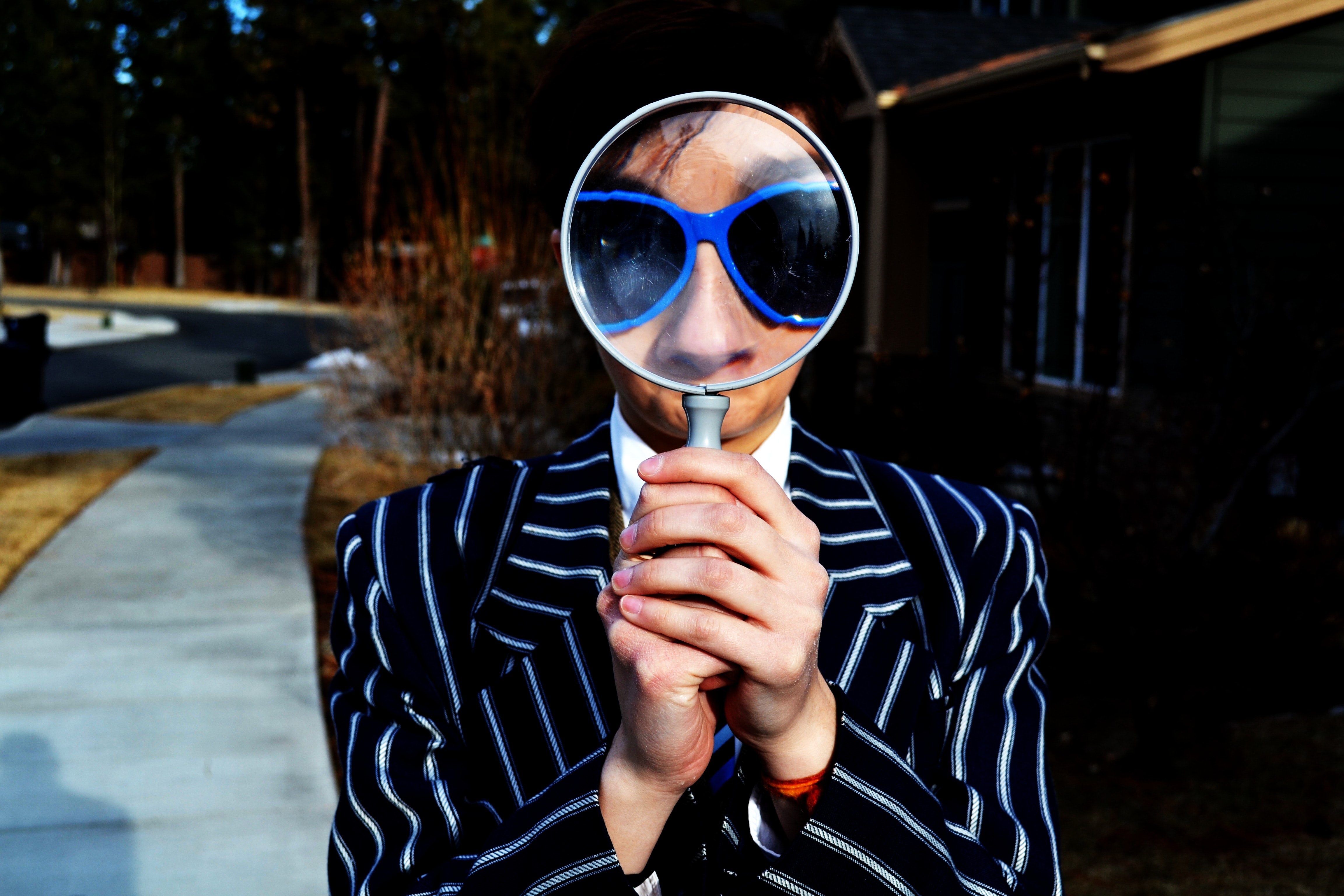Equity in Evaluation Series: Helping Change Along

Equity in Evaluation Series: Helping Change Along
by Judith Steed
This is the third blog in a series on equity in evaluation at Vantage Evaluation where we continue the exploration of diversity, equity, and inclusion awareness (DEI). We have spoken to how there is a power dynamic to evaluation that has an impact on work and systems. In the first blog in the series, we explored a personal journey of DEI discovery. In the second blog, we examined how biases and assumptions are embedded in evaluation. Sometimes these assumptions support successful evaluation and DEI awareness; oftentimes, the biases, especially if they are not fully recognized, get in the way. This blog will share a few actions that we can use to enhance our personal journey with DEI awareness and to reveal, in productive ways, our biases and assumptions.
In this blog, I will share a process that I believe will help bring about change. It is a process that has its strength in its subtly. As evaluators, we embrace the mindset of curiosity with evaluation in general and when exploring DEI. With curiosity comes the intentional and deliberate act of noticing. Combining curiosity with noticing supports learning. Hopefully, this leads to a commitment to change and improve. Seating these three actions in community (engaging with other colleagues, practitioners, and friends) makes it easier to share and commit to the change we are looking for in the world.

Questioning and inquiry are open states of mind.
A declarative statement tends to close the mind.
Curiosity
The curious mindset is skillful in a few ways. Questioning and inquiry are open states of mind. A declarative statement tends to close the mind. Curiosity thins the boundaries between the witness and what is being witnessed. Curiosity leads to examination and engagement with novel observations or different potential solutions. When we ask probing questions about an experience, we trigger our DEI spider sense. Why do I think like this? What is the habit that is getting in the way? What assumptions am I holding and where did I get them? Am I changing in my responses? Am I able to recognize white dominance more quickly so I have more choices as to how to act?
Bringing curiosity to DEI awareness converts the process from a perceived judgement to a learning process. Being curious when performing evaluation in general is important too, a win-win for practitioner and client both.
Noticing
The deliberate act of noticing is a vibrant stance that leads to change. To truly notice requires the opportunity to observe, and the intention to experience and reveal. Whether you wish it or not, noticing leads to change: a change in understanding or a change in behavior or a change in your choices. Some consider noticing as something that just happens, in a passive kind of way. This is not just ‘happening’ to notice something. This is deliberately seeking out opportunities to notice. Try not to have a preconceived expectation of what to notice. There is an adage that says, “your last barrier to understanding is your opinion.” Stay open and allow yourself to be surprised.
Do be intentional about finding opportunities to be curious and notice. Attend meetings with diverse colleagues or community members with the intention to be vulnerable to what observations, assumptions, thoughts, judgements, and mistakes show up and eventually, the ability to act more skillfully. Early on, chances are you will find yourself uncomfortable or resisting or even bewildered with what you are noticing. Noticing that you are experiencing this resistance is an open door to change. Noticing opens you to experience what is in front of you rather than what you project it to be. Noticing brings the unseen into the perceivable. What may have been a gap or block in your awareness is revealed with the light of attention. We can learn from seeing the world with a gentleness that induces less resistance, or with a furiousness that demands change.
Learning
Setting the intention to learn, to be seeking responsive change, to be expanding your experience, rises from being curious and noticing what is going on around you. In the realm of DEI, being curious and seeking to notice with clarity helps you learn and change positively. Curiosity, noticing, and learning become an empowering three-way strategy. Being curious about your position in the world with regards to DEI opens the conversation and makes it a productive act rather than a defensive one. However, noticing the rising defensiveness or the pushback can also prompt curiosity for why that is happening or what could be a different way through the tension. Noticing your assumptions and pre-judgements can lead to seeing them as old habits that can be changed or can at least be examined. Framing as learning what you experience through curiosity and noticing makes it generative and energetic. It encourages change just as it promotes more curiosity and more noticing.


Community
Bringing the curiosity, noticing, and learning into community with likeminded others who also seek to understand and change, brings a whole other layer of exploration, growth, and accountability. Having others to talk with about what questions are
rising from curiosity, to talk with
about what you are noticing, and to encourage the learning is what makes a significant difference in the forward movement on such a complex task as unpacking the personal and systemic elements of DEI.
We invite you to explore your own curiosity, notice what rises for you, learn from what comes up, and to seek community to help you unpack and understand your ongoing journey in DEI. As members of your community, we are interested in your DEI journey. What are you curious about? What are you noticing? What are you learning? What is changing?
